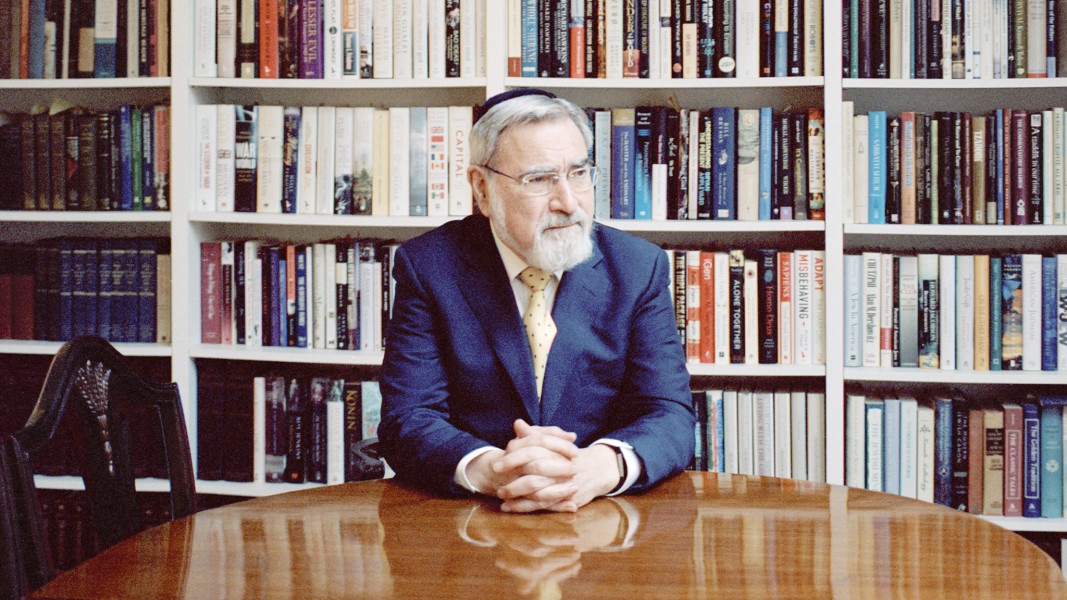What Gentiles Can Learn From Lord Sacks
The late British rabbi was the most gifted voice for biblical belief in our time.

Lord Jonathan Sacks, a former chief rabbi of the United Hebrew Congregations of the Commonwealth, died Saturday at 72. When I first heard the news, my mind went to one of the least Jewish places in the world: the Vatican.
In 2014 we joined other faith leaders and theologians at a Holy See-sponsored conference on the institution of the family. Sacks’s spellbinding speech combined science, sociology and the Bible—all analyzed with the eloquence that made him famous. “The family,” he told the audience, “man, woman, and child, is not one lifestyle choice among many. It is the best means we have yet discovered for nurturing future generations and enabling children to grow in a matrix of stability and love.”
Sacks concluded that when husband and wife turn in faithfulness to one another, “we come as close as we will ever get to God himself, bringing new life into being, turning the prose of biology into the poetry of the human spirit, redeeming the darkness of the world by the radiance of love.” It was the only moment I can recall that the conference’s entire audience rose in sustained applause. In the center of what had been called Christendom, a rabbi best expressed what the West had once believed.
Sacks concluded that when husband and wife turn in faithfulness to one another, “we come as close as we will ever get to God himself, bringing new life into being, turning the prose of biology into the poetry of the human spirit, redeeming the darkness of the world by the radiance of love.” It was the only moment I can recall that the conference’s entire audience rose in sustained applause. In the center of what had been called Christendom, a rabbi best expressed what the West had once believed.
Continue reading at the Wall Street Journal [subscription required].
The late British rabbi was the most gifted voice for biblical belief in our time.
The late British rabbi was the most gifted voice for biblical belief in our time.

